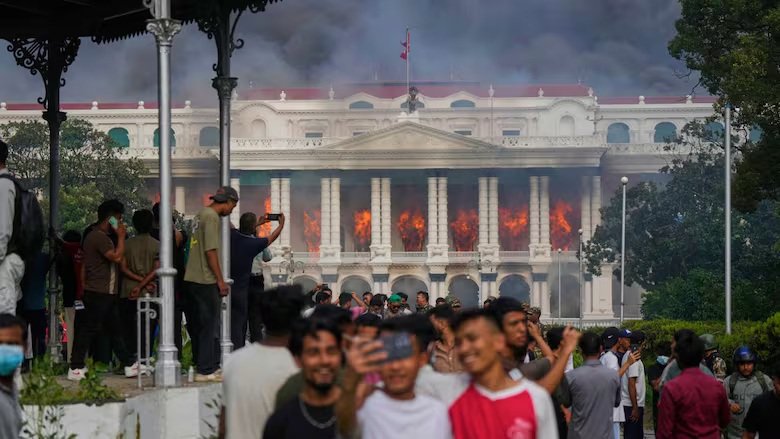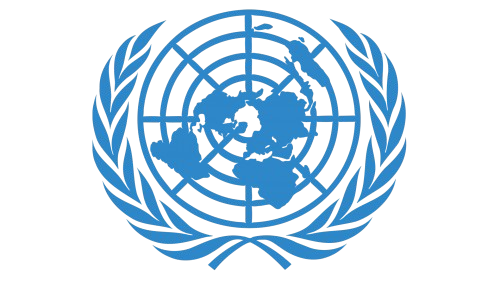By Dr. Baber George
CEO & President, Implementation of Universal Declaration of Human Rights (IUDHR)

The sudden resignation of Nepal’s Prime Minister, Khadga Prasad Oli, amid violent protests sparked by a controversial social media ban, has brought global attention to the deepening crisis of governance, corruption, and human rights violations in the Himalayan nation. What began as outrage over restrictions on digital freedom has now transformed into a powerful movement against corruption and inequality, fueled largely by the country’s youth.
UN Condemnation of Excessive Force
The international community has voiced concern over the disproportionate use of force by Nepalese security forces.
“We have received several deeply worrying allegations of unnecessary or disproportionate use of force by security forces during protests…”
— Ravina Shamdasani, UN Human Rights Office Spokesperson
The UN emphasized that the deaths of at least 19 protesters constitute a grave human rights violation and urged Nepal to uphold the principles of freedom of expression, peaceful assembly, and the right to life as enshrined in the Universal Declaration of Human Rights (UDHR).
Suppression of Voices Through Social Media Ban
The government’s decision to block widely used platforms such as Facebook, X, and YouTube was immediately condemned by rights organizations as a violation of Article 19 of the Universal Declaration of Human Rights (UDHR), which guarantees the right to freedom of opinion and expression.
Police violence during demonstrations, which resulted in at least 19 deaths, represents a tragic violation of Article 3 of the UDHR, the right to life, liberty, and security of person.
Youth at the Center of the Uprising
With youth unemployment at nearly 20%, frustration is boiling over. Many young people are angry at political elites and their families — often referred to as “Nepo Kids” — who enjoy privileges while ordinary youth struggle to find opportunities. The exodus of over 2,000 young people leaving Nepal daily for work abroad highlights a failing system.
The UDHR underlines the right to education, fair work, and equal opportunity. When these rights are ignored, young citizens are left with little choice but to protest for dignity and justice.
Corruption Eroding Trust in Democracy
The setting ablaze of government offices and leaders’ residences shows the extreme public anger against corruption. Citizens view political leaders as enriching themselves while denying basic rights to the people. Corruption, therefore, must be recognized as a human rights issue, since it denies access to justice, education, healthcare, and equality.
Path Forward for Nepal
Nepal’s crisis must be met with reforms, not repression. The government must:
- Restore freedom of expression and refrain from censorship.
- Conduct transparent investigations into the deaths of protesters.
- Address corruption at every level of governance.
- Prioritize youth empowerment through jobs, education, and entrepreneurship.
- Build trust by placing human rights at the center of policymaking.
IUDHR’s Position
As the Implementation of Universal Declaration of Human Rights (IUDHR), we strongly condemn the use of deadly force against protesters and the suppression of fundamental freedoms. We stand in solidarity with the people of Nepal, especially its youth, who are demanding accountability, justice, and dignity.
The 30 Articles of the UDHR remain a moral and legal foundation for global peace and equality. Nepal’s situation is a stark reminder of why these principles must be upheld by all governments.
The international community, including UN agencies and global human rights defenders, must act swiftly to support Nepal in restoring democratic values, freedom of expression, and justice for all.
Dr. Baber George
CEO & President
Implementation of Universal Declaration of Human Rights (IUDHR)

